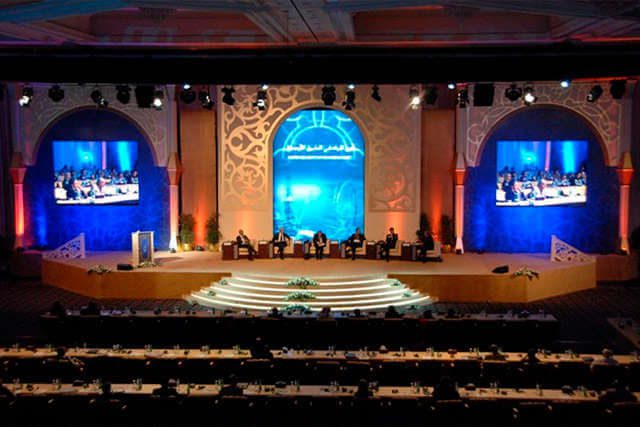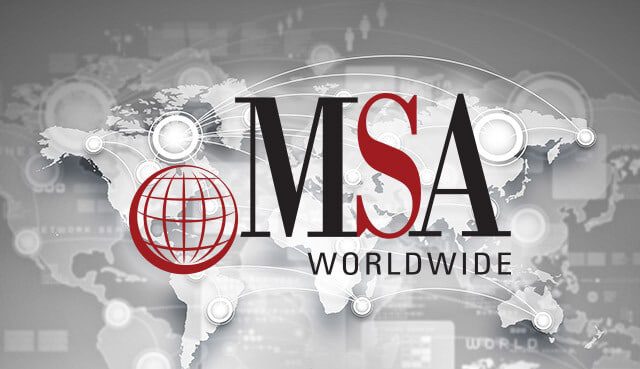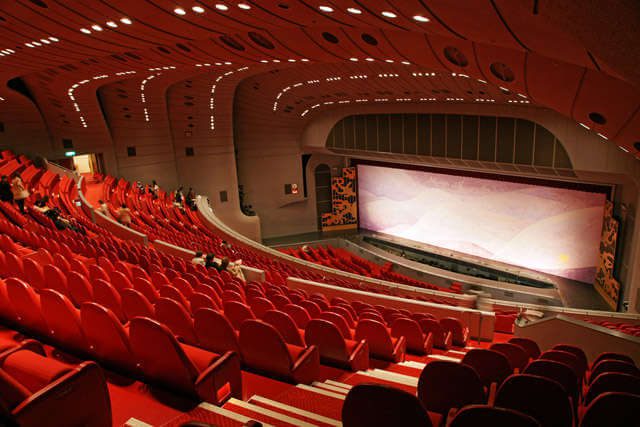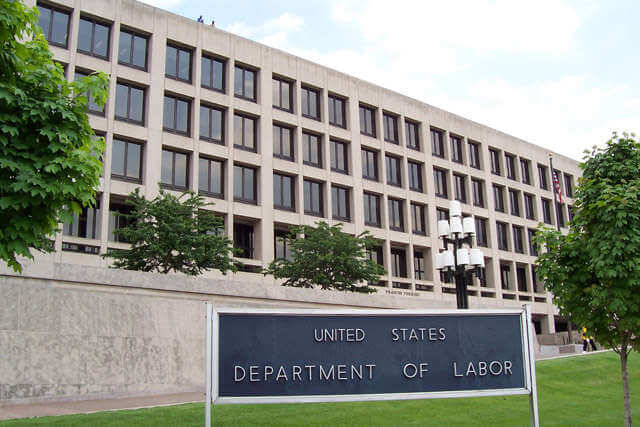Doha International Economic Summit Recap
Michael Seid, Managing Director of MSA Worldwide, recently presented at the Doha forum “Enriching the Middle East’s Economic Future” summit in Doha, Qatar.
The forum focused on a discussion of global viewpoints into the causes for the Arab Spring – the unrest in the region. It also provided an international perspective into the United States as a leader in creating solutions to the Arab Spring and opportunities once it is over. The conference discussed the World Cup games that will be hosted in Qatar in 2022; the speakers and attendees came from all over the world and spoke on a broad range of economic and social topics. The conference was a mix of panel discussions and breakout sessions.
The speakers and invited attendees discussed the causes of the Arab Spring, a tone set by Sheikh Tamim bin Hamad Al Thani, the Heir Apparent of Qatar, in his opening address. The lack of democracy, high levels of unemployment, a highly educated population, and lack of a middle class were frequently mentioned as the root causes for the unrest in the region. Almost as a reflex reaction, many of the speakers placed blame for the Arab Spring on the Palestinian/Israeli dispute. However, this was not a sentiment expressed during private conversations; Israel was even mentioned by some as a long-term partner in developing economic and other opportunities in the region.
One of the speakers was Jesse Jackson, and we had the opportunity to get to know the Reverend Jackson and his son Jonathan on a personal level. We were able to carve out some time with the Reverend over breakfast and lunch to talk about the issues of the Arab Spring. We also visited with each other during a trip to the museum, and the Reverend expressed considerable interest in MSA’s work in sub-Saharan Africa with the CFWshop medical clinics. We have some follow-up discussions set and surprisingly, even though I come from a significantly more conservative point of view, the Reverend invited me to attend the Rainbow Push conference later this year.
There was little discussion by most of the speakers during the two and a half days about the role of the United States taking a leadership position in seeking solutions to the unrest. Privately they spoke to the decline in how the United States is viewed since the current administration has taken office. There is clearly a very different view in what we think of ourselves and what others think of us. It was troubling to hear, but an important viewpoint to listen to.
Jesse Jackson’s talk was different. He spoke in a slow, quiet, and deliberately paced manner. He discussed the similarities between the Arab Spring and the Civil Rights movement in the United States. It was an extraordinary speech. He focused on how he viewed the greatness of the United States without dismissing our then and current flaws. I was very proud of being an American listening to how Reverend Jackson discussed his view of our country and our role globally.
John Solish and I conducted two sessions on the use of franchising as a potential method to create a middle class in the Middle East. In many countries in the region, given the indigenous wealth, labor to operate local businesses is imported from China, Pakistan, and other countries. Franchising is common in the Gulf, but ownership is focused mainly in franchisees that already had significant net worth when they entered into the relationship with the brand. But in other countries, including but not limited to Egypt, Libya, Tunisia, Iran, and Syria where the major unrest is taking place, as well as other countries in the region where the demographics and financial capabilities of the citizens are dramatically different, the general consensus was that franchising as a method of creating wealth, jobs, and branded opportunities sufficient to sustain a middle class had significant potential. Follow-up discussions with various government officials in several of the neighboring countries began in Qatar and will continue.
As an American, I was surprised how few speakers, when talking about international players that have influence in the Middle East, mentioned the United States in their public addresses. The EU and China were primarily viewed as the outsiders that have the most credibility within the Arab world to partner in seeking solutions today to whatever will follow the Arab Spring. Privately, the reasons given why our influence is on the decline were enlightening, and none mentioned the wars in Iraq or Afghanistan as why this decline has taken place.
The Doha Forum is an important annual event, as it is an open dialogue of issues and solutions presented by government, business, and academic leaders. The conference, though, is challenging for first-time attendees as the agenda is fluid up until the event and even the speakers change almost until the day the conference opens. For example, a week before the meeting, Mikhail Gorbachev, Jim Brown, and David Frost were on the published list of speakers, but not the Reverend Jackson. There was only one franchising session scheduled two weeks before we left for Doha, and then a second session was added to focus on using franchising as a solution to regional unrest. The level and quality of the public and private dialogue was extraordinarily open and honest. For example, even though it was often publicly mentioned that there was some inexplicable link between the Arab Spring and Israel, publicly and privately Israel was also mentioned as a long-term player in creating opportunities and solutions in the Middle East. It was stimulating to participate as a speaker, well worth attending to be in the audience, and any perceived flaws in organization were more than overcome by the generous hospitality of the Government of Qatar, the conference organizers, and the facility operator.
~ Michael Seid
Do you have questions about franchising your business?
MSA Worldwide provides expert guidance on building a successful and sustainable franchise business. Contact us today for a complimentary consultation.






